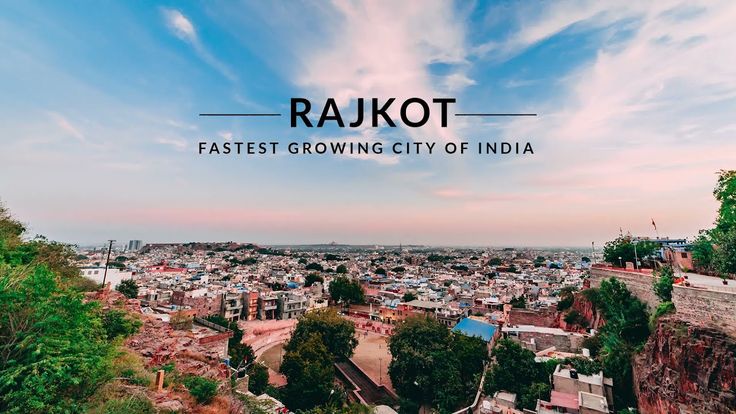Biodiversity Boosters: Indian SMEs Making Sustainability Scalable

As the global conversation around environmental sustainability gains momentum, small and medium enterprises (SMEs) in India are increasingly taking steps to align their business practices with ecological priorities. While large corporations often lead formal ESG reporting, several SMEs across the country are demonstrating how biodiversity-positive operations can be both viable and impactful.
On the occasion of International Day for Biological Diversity (May 22), this article highlights five enterprises working across agriculture, natural products, packaging and retail – each contributing in its own way to biodiversity conservation and ecological sustainability.
Avani (Uttarakhand)
Sector: Textiles and Natural Dyes
Avani, based in the Kumaon region of Uttarakhand, engages in the production of handwoven textiles using natural dyes and locally sourced wool. It works with rural communities to develop eco-friendly livelihoods rooted in traditional knowledge and sustainable resource use.
Biodiversity Integration:
- Utilizes dye-yielding plants such as indigo, madder and turmeric instead of synthetic chemicals.
- Encourages cultivation and conservation of native plant species.
- Promotes ethical wool sourcing practices and decentralized production to reduce ecological disruption.
Avani’s approach demonstrates how local biodiversity can be incorporated into textile value chains without compromising product quality or community welfare.
Phalada Agro Research Foundation (Karnataka)
Sector: Organic Food and Export
Operating under the brand “Pure & Sure,” Phalada sources certified organic produce from farmer groups across multiple Indian states. The enterprise focuses on transparent sourcing, traceability and adherence to global organic certification norms.
Biodiversity Integration:
- Supports organic and polyculture farming practices that improve soil biodiversity.
- Promotes the use of native seed varieties.
- Avoids GMOs and synthetic inputs in alignment with biodiversity-focused cultivation principles.
Phalada’s farmer-centric model aligns ecological farming with export market access, encouraging sustainable practices at scale.
Tamul Plates (Assam)
Sector: Eco-Friendly Packaging
Tamul Plates manufactures biodegradable tableware made from arecanut palm leaves. Operating through rural production hubs in Assam, the enterprise promotes circular economy principles while generating local employment.
Biodiversity Integration:
- Converts agro-waste into value-added products, reducing landfill and deforestation pressures.
- Encourages the use of renewable, non-timber forest resources.
- Operates decentralized manufacturing, minimizing industrial footprint.
By transforming agricultural residue into sustainable packaging, Tamul Plates supports low-impact production in biodiversity-sensitive regions.
Bio Basics (Tamil Nadu)
Sector: Organic Food Retail and Education
Bio Basics works with organic farmers and cooperatives to market heirloom grains, traditional pulses, and naturally grown produce through both online and offline platforms. The organization also engages in consumer education around food biodiversity.
Biodiversity Integration:
- Promotes lesser-known and indigenous crop varieties such as millets, heritage rice and native legumes.
- Works with farms that follow biodiversity-positive practices including crop rotation and mixed farming.
- Encourages seed saving and sustainable agriculture through direct farmer engagement.
By combining retail with advocacy, Bio Basics contributes to preserving agricultural biodiversity and enhancing consumer awareness.
Earthy Routes (Rajasthan)
Sector: Natural Food Distribution
Based in Jaipur, Earthy Routes focuses on distributing natural and minimally processed foods sourced from local farmers and collectives. The enterprise promotes seasonal eating, regional crops and slow food principles.
Biodiversity Integration:
- Encourages cultivation and consumption of region-specific crops with high ecological value.
- Partners with farmer networks practicing low-input and biodiversity-supportive agriculture.
- Advocates for decentralized, transparent supply chains.
Earthy Routes contributes to biodiversity by supporting food systems that prioritize ecological compatibility and local economic participation.
These five enterprises offer distinct models of how biodiversity can be embedded within small business operations in India. Whether through eco-friendly inputs, waste-to-product innovation or heritage crop preservation, each enterprise demonstrates the practical ways in which SMEs can contribute to biodiversity goals while building sustainable business models.
On International Day for Biological Diversity, acknowledging such efforts reinforces the idea that biodiversity stewardship is not limited to environmental NGOs or global corporations. SMEs, through localized knowledge and context-specific innovation, can play a significant role in supporting India’s biodiversity objectives while advancing inclusive economic growth.











